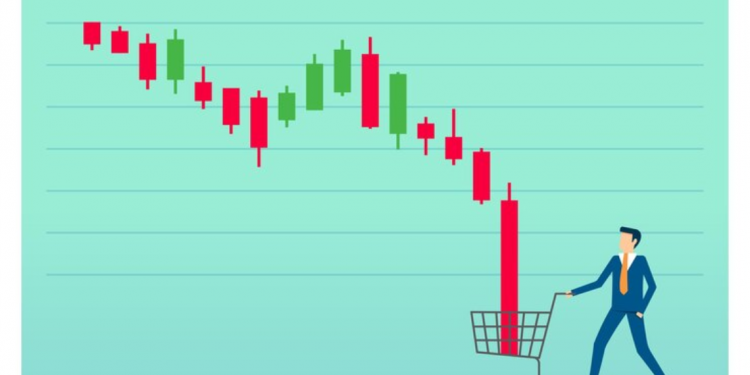Adani Wilmar, a prominent player in the Indian consumer goods industry, recently experienced a 2% decline in its stock value, sending ripples through the market. This decline was primarily attributed to a significant reduction of 15% in standalone sales. In this article, we delve into the factors contributing to this decline, its impact on Adani Wilmar’s stock, and the potential implications for investors. ?
Adani Wilmar Limited is a joint venture between the Adani Group, one of India’s largest business conglomerates, and Wilmar International Limited, a Singapore-based agribusiness group. The company operates in various sectors, including edible oils, rice, pulses, and other consumer goods, catering to millions of households across India and beyond. ?
Overview of the Stock Market Decline
The recent downturn in Adani Wilmar’s stock performance has caught the attention of investors and industry analysts alike. Despite its strong market presence and diversified product portfolio, the company faced challenges that led to a notable decrease in its stock value. ?
Factors Contributing to the Decline
Reduction in Standalone Sales
A significant factor behind Adani Wilmar’s stock decline is the sharp decrease in standalone sales. This 15% reduction in sales has raised concerns among investors about the company’s revenue generation capabilities and long-term sustainability. ?
Market Competition
Adani Wilmar operates in a highly competitive market, facing stiff competition from both domestic players and multinational corporations. The intense competition has put pressure on the company to innovate and adapt to changing consumer preferences, impacting its market share and profitability. ?
Economic Factors
The broader economic landscape, including factors like inflation, GDP growth, and consumer spending patterns, also influences Adani Wilmar’s stock performance. Economic downturns or fluctuations can affect consumer purchasing power and demand for the company’s products, thereby impacting its financial performance and stock value. ?
Impact on Adani Wilmar’s Stock
The 2% decline in Adani Wilmar’s stock value reflects investor concerns about the company’s current financial health and future prospects. The market response to the reduction in standalone sales underscores the significance of this key performance indicator in evaluating the company’s overall performance and market sentiment. ?
Analysis of the 2% Decline
While a 2% decline may seem modest, it is crucial to analyze the underlying factors contributing to this downturn. By examining sales data, market trends, and competitor dynamics, investors and analysts can gain insights into the root causes of the decline and assess its potential implications for Adani Wilmar’s future growth trajectory. ?
Potential Implications for Investors
Investors holding Adani Wilmar’s stock may be concerned about the short-term impact of the sales decline on their investment portfolio. Investors need to stay informed about the company’s strategic initiatives, financial performance, and market positioning to make informed decisions about their investment strategy. ?
Strategies for Adani Wilmar to Recover
To bounce back from the recent stock decline, Adani Wilmar must implement strategic measures to address the underlying challenges and restore investor confidence. This may involve initiatives such as diversifying product offerings, enhancing marketing strategies, optimizing supply chain management, and exploring new growth opportunities in emerging markets. ?
Conclusion
The recent 2% decline in Adani Wilmar’s stock value, attributed to a 15% reduction in standalone sales, highlights the challenges faced by the company in a competitive market environment. While this downturn raises concerns among investors, it also presents an opportunity for Adani Wilmar to reassess its business strategies, innovate, and position itself for sustainable growth in the long term. ?
















